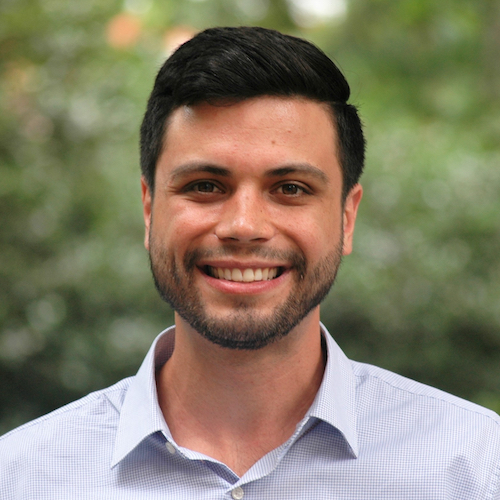I left my career in big tech in July of 2023 to try my hand at entrepreneurship. I had just turned 31 and figured if I didn’t take the chance now, I was probably never going to. On a risk-adjusted basis, it’s been a horrible financial decision. However, it’s also been the most professionally fulfilled I’ve ever been in my life, and if we succeed in executing on our vision, the financial payoff could make it even better.
It’s easier with funding. In year one, we were bootstrapped. We decided to raise a pre-seed round in November 2024 once it became clear that we were building something sustainable. We had just closed our first enterprise deal and larger prospects were requesting more formalities such as SLAs and support. Our dream would have been to self-fund it until we were profitable, but reducing our personal financial risk while unlocking additional resources (i.e. engineers) became a much better value proposition as we decided to continue this journey. For now, we’re seed strapping.
Single payer healthcare could create an entrepreneurial boom. I’ve met so many people in the United States who would love to start their own company if it weren’t for the complete lack of a social safety net. If I weren’t on my wife’s health insurance, my personal monthly burn rate would be hundreds, if not thousands, of dollars higher. Employer-sponsored healthcare in corporate America keeps employees tied to their jobs better than any other carrot or stick. More-so if they have dependents. I think it’s a shame that healthcare is so politicized and I believe that our society should be more focused to encourage more professional risk taking.
Weekends can be really difficult. Monday through Friday is invigorating. Jumping between customer calls, making product decisions, and building partnerships all leave a feeling of accomplishment at the end of a long day. It’s becoming clear that each small decision we make has started to compound in magical ways. However, on the weekend, the music stops. I can’t ask my team or customers to put in the same hours that I’m willing to, and thank goodness for that, because I have to prevent myself from burning out as well. This liminal space leaves a lot of room for self reflection, but with that also comes self doubt. I’m not sure what I’d do with my time if we sold the company or went out of business, but I think I should figure that out.
The grass is always greener. There are times I chat with my former classmates and colleagues who are growing through the ranks of big tech and I miss climbing the ladder and chasing the next promotion myself. I miss the bi-weekly paychecks and vested shares that were creating a reliable nest egg for me and my family. However, when I was in it, I was often jaded by the politics, insincerity, and bureaucracy of it all. Now, instead of seeking validation from my manager and peers, I try to find it from our prospects and customers. It’s a lot harder to find, but it’s real, and it feels a lot more durable.
In summary, I’m still learning to separate the success of the business from the success of myself as an individual. I still have a scarcity mindset that I’m not sure I’ll ever be able to kick – I’ll even catch myself looking at open jobs just to remind myself that I’m still capable of being a sales engineer if this all falls apart. However, I know that I owe it to my team, my customers, my family, and myself to keep pushing.
My current litmus test is this: “Who would be disappointed if we ceased to exist tomorrow?” I evaluate this every week by writing down the names of our biggest champions, because they’ve personally told me that we’ve built something really valuable to them. As long as the market validation continues and we stay 100% focused on building the best product that we possibly can by listening to our users, I’m all in.
